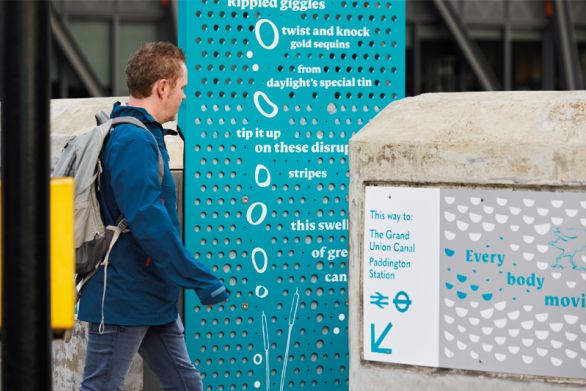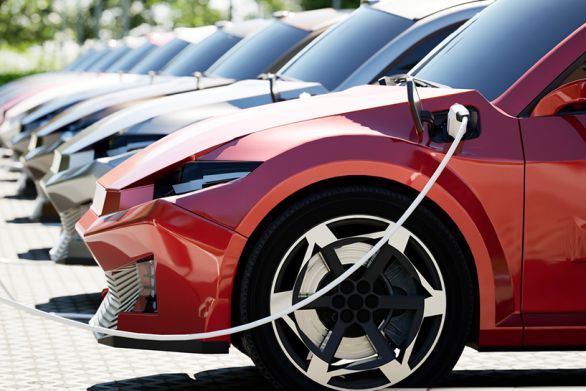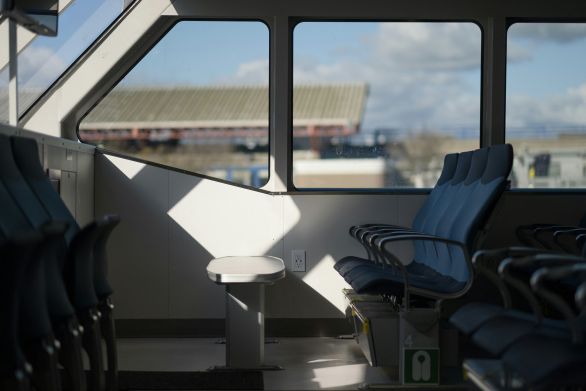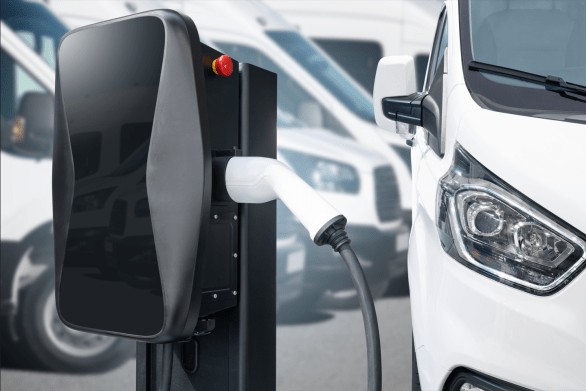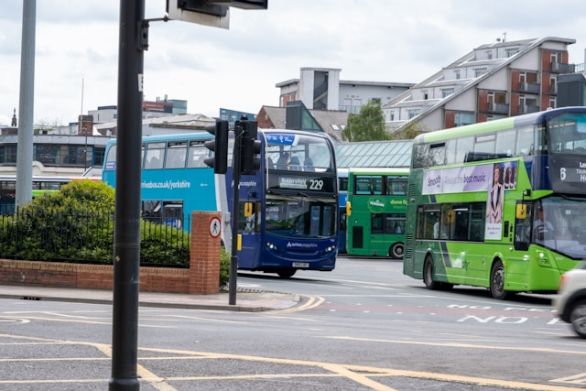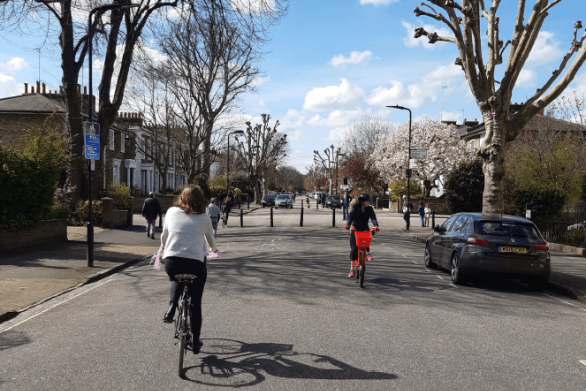While most of its members are individuals, car clubs offer local authorities great benefits too.
It’s good for the environment
Evidence from the Carplus annual survey 2009/2010 shows that, on average, for every car club car, 11 private vehicles have been sold. Car club members tend to make a greater proportion of trips by more sustainable modes than average.
The reduction in car mileage by car club members also has a positive effect on emission levels, with car trips by club members producing only a quarter of the emissions of a typical British licence holder.
It makes political sense
Encouraging sustainable travel is an area of policy which the UK’s new coalition government is keen to promote. When considering policy options for increasing sustainable travel, local authorities will increasingly need to focus on value for money. One way to tackle both the need to conserve financial resources and promote increased travel by public transport, walking and cycling, is to explore partnerships with commercial car club operators. Which brings us onto…
It’s a win-win situation
Car clubs provide a perfect opportunity for a partnership between the public sector and the private sector. Local authorities looking to develop a car club network can also lead by example, benefiting from using car club cars for their own travel, replacing the hassle and cost of maintaining fleet cars with car club cars on site. Sophisticated management of car club bookings makes it straightforward for different departments to be billed separately, while the all-inclusive cost of bookings makes costs transparent and encourages consideration of the use of other modes, such as train and bus travel where possible. Car clubs can potentially provide a ‘win-win’ situation for local authorities. A successfully implemented and promoted car club network can provide a local authority with both an incentive for residents to reconsider their car use patterns and a way to increase the efficiencies and green credentials of its car fleet.
So will it work for your area?
As with all types of transport, the success of a car club within a particular location will vary. Car clubs are most successful commercially where population density is high, public transport is good and local authorities are supportive. Steer Davies Gleave recently completed a car club market study for the London Boroughs of Camden and Islington, which considered the maximum potential for car clubs, bringing together nformation about car club members, population demographics, and travel patterns. This study provided an evidence base to help with a planned, managed and informed expansion of car club provision across the two boroughs.
